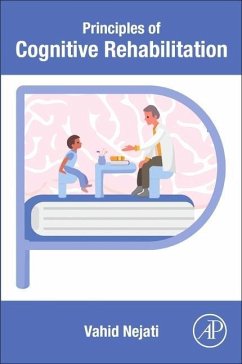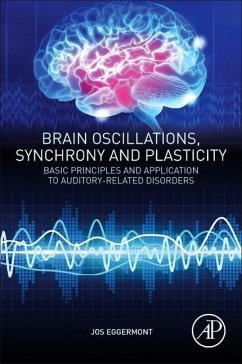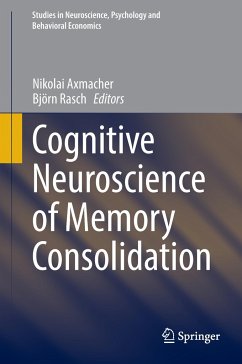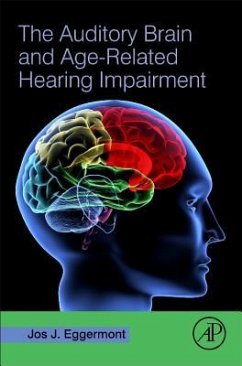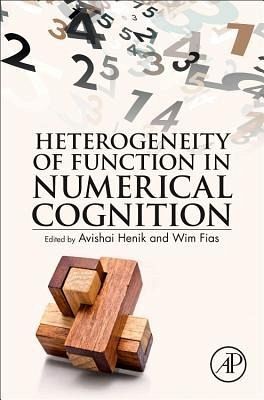
Heterogeneity of Function in Numerical Cognition

PAYBACK Punkte
42 °P sammeln!
Heterogeneity of Function in Numerical Cognition presents the latest updates on ongoing research and discussions regarding numerical cognition. With great individual differences in the development or function of numerical cognition at neuroanatomical, neuropsychological, behavioral, and interactional levels, these issues are important for the achievement of a comprehensive understanding of numerical cognition, hence its brain basis, development, breakdown in brain-injured individuals, and failures to master mathematical skills. These functions are essential for the proper development of numeri...
Heterogeneity of Function in Numerical Cognition presents the latest updates on ongoing research and discussions regarding numerical cognition. With great individual differences in the development or function of numerical cognition at neuroanatomical, neuropsychological, behavioral, and interactional levels, these issues are important for the achievement of a comprehensive understanding of numerical cognition, hence its brain basis, development, breakdown in brain-injured individuals, and failures to master mathematical skills. These functions are essential for the proper development of numerical cognition.






